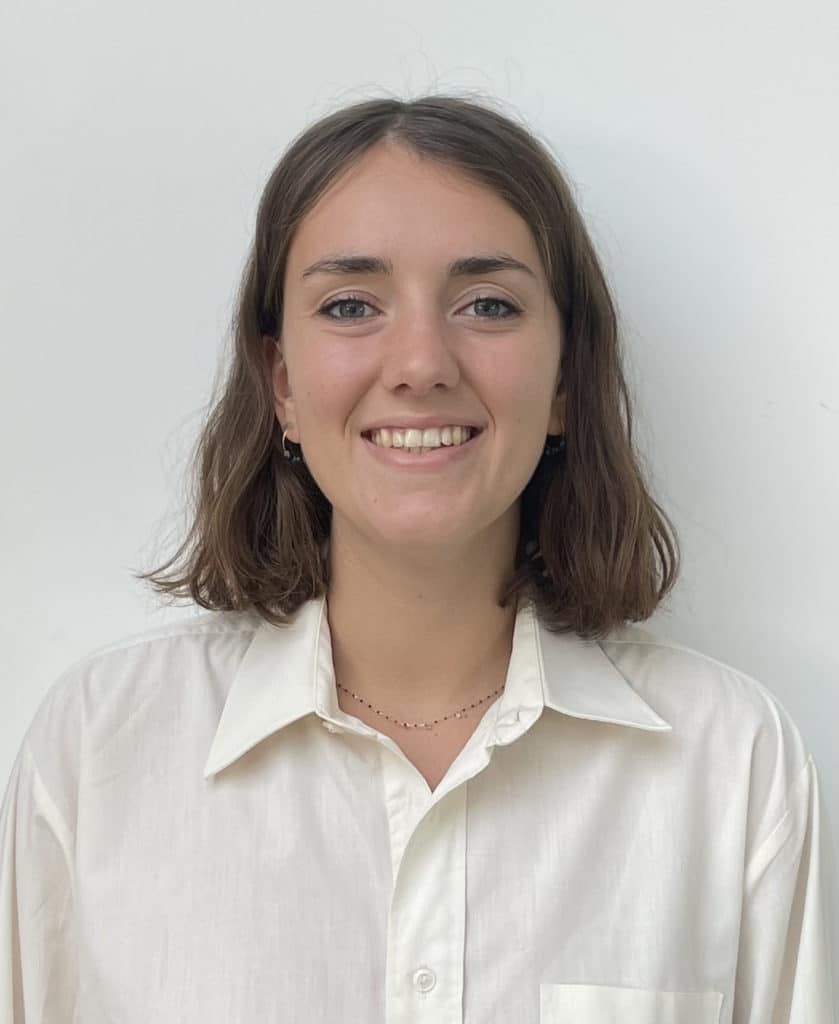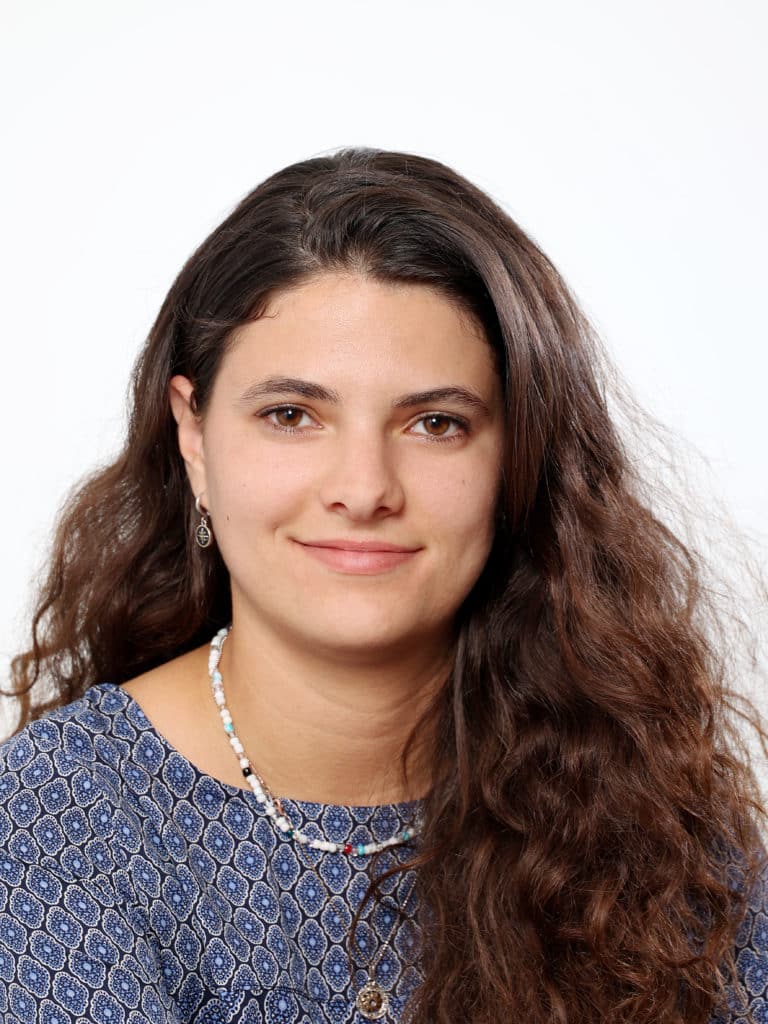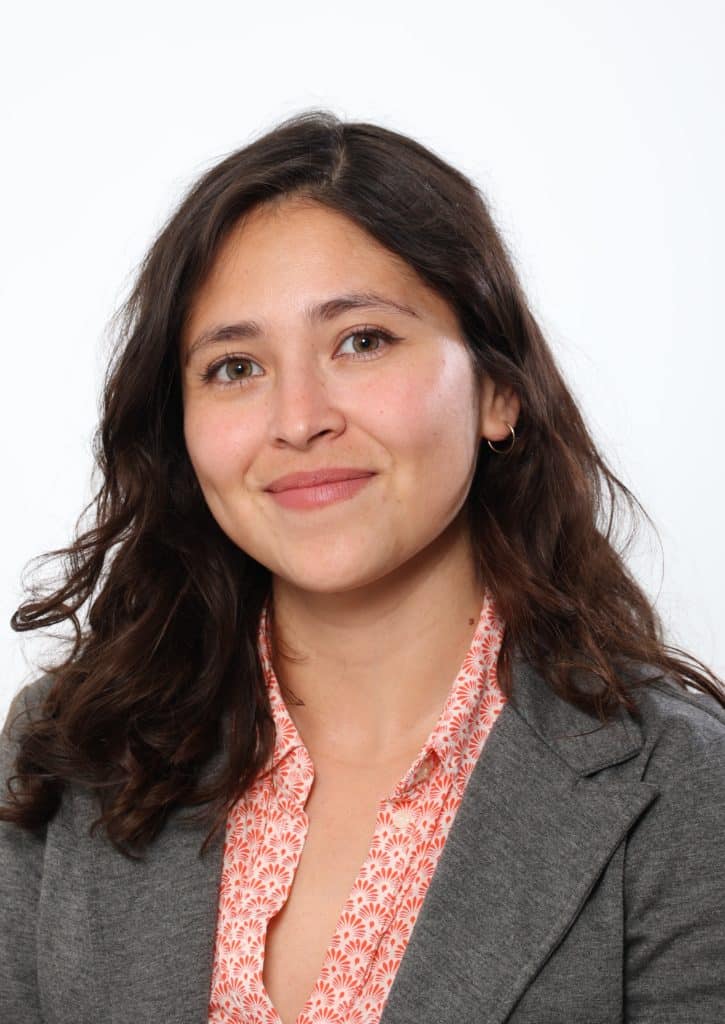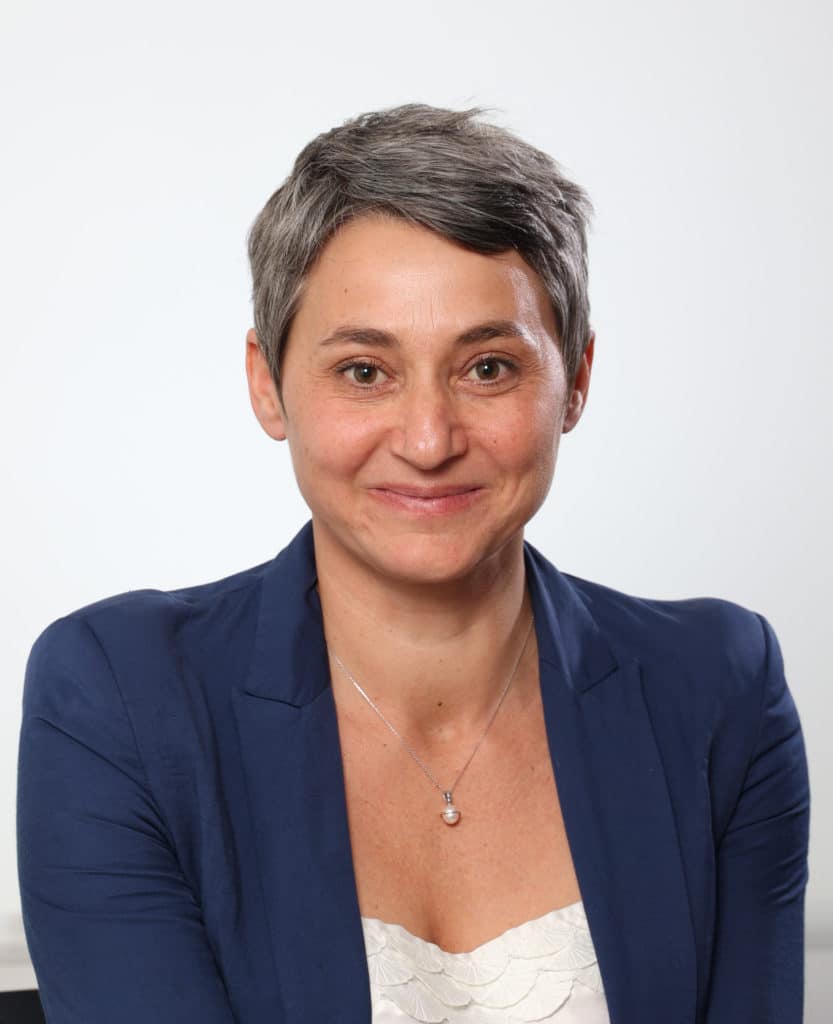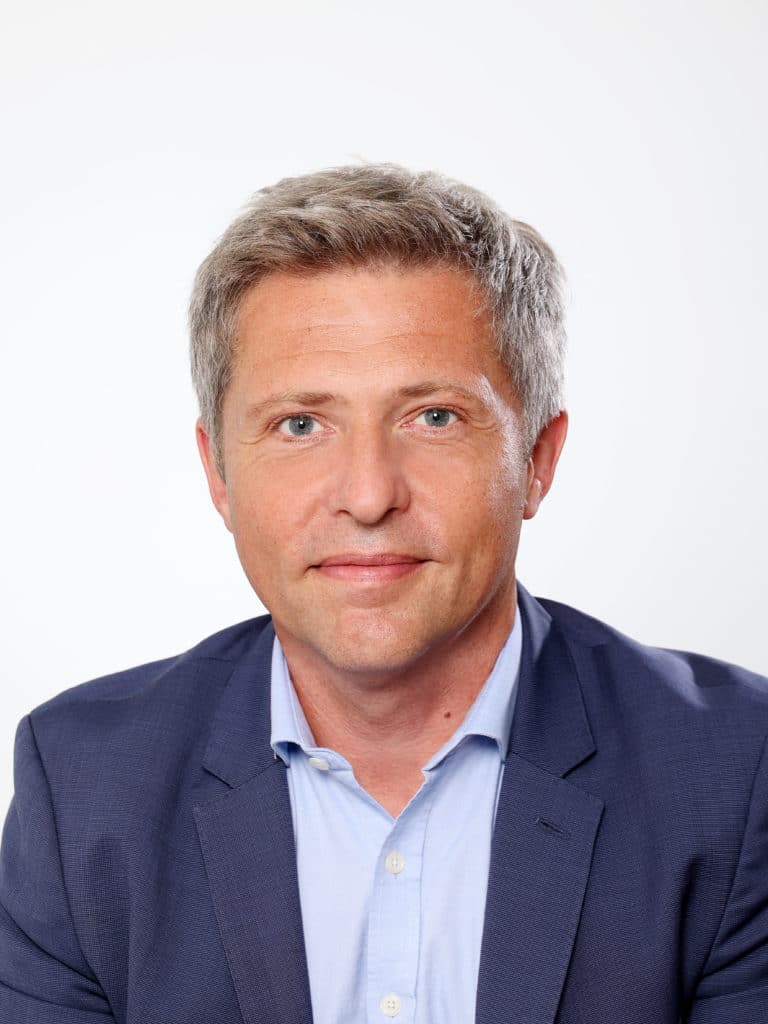Le Ministère de la Transition Ecologique et de la Cohésion des Territoires a publié 4 fascicules destinés à l’ensemble des acteurs, notamment les services de l’Etat et les collectivités, responsables de la mise en œuvre de la réforme “Zéro artificialisation nette” (ZAN) des sols.
Le fascicule 1 “Définir et observer la consommation d’espaces naturels, agricoles et forestiers, et l’artificialisation des sols” rappelle le sens de la réforme, les objectifs poursuivis, ainsi que les outils d’observation déployés au niveau national (fichiers fonciers pour la consommation d’ENAF, OCSGE pour l’artificialisation).
Le fascicule 2 “Planifier la consommation et l’artificialisation des sols” détaille les modalités d’intégration et de territorialisation de la trajectoire nationale de sobriété foncière dans les documents de planification régionale (SRADDET, SDRIF, SAR, PADDUC) et d’urbanisme (SCOT, PLUi), ainsi que le suivi de l’atteinte des objectifs au niveau local.
Le fascicule 3 “Mobiliser les leviers en faveur de projets de territoires sobres en foncier” présente les outils d’anticipation foncière, de recyclage foncier et notamment des friches, de développement de la nature en ville, d’optimisation de la densité ainsi que de maîtrise de l’artificialisation emportée par les activités économiques.
Le fascicule 4 “Accompagner la sobriété foncière et le recyclage urbain” explicite les dispositifs d’appui à l’ingénierie des collectivités (notamment via les établissements publics fonciers, les agences d’urbanisme, l’ANCT, et le Cerema), le levier fiscal, les aides économiques (notamment le fonds vert) et les mesures contractuelles (notamment les opérations de revitalisation de territoire et les projets partenariaux d’aménagement).
Pour aller plus loin...
Consultez le guide synthétique “Zéro artificialisation nette” publié en novembre dernier par le Ministère de la Transition Ecologique et de la Cohésion des Territoires, disponible sur notre boîte à outils.
Ce document présente en 16 pages les points essentiels de la réforme.


